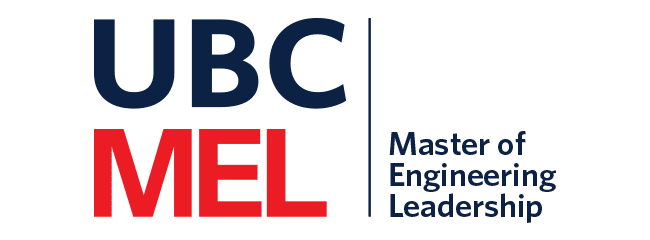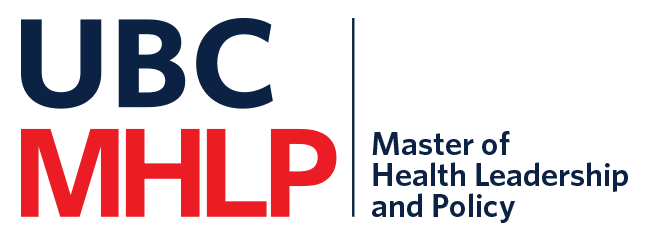
Guest Speaker Series: Robin Turnill – Building High Performing Teams

On May 13, Robin Turnill—an experienced Human Resources consultant, leadership coach, corporate trainer and professional speaker—provided a presentation and coaching session on teamwork for current students in UBC’s Master of Engineering Leadership and Master of Health Leadership & Policy professional graduate programs.
MEL & MHLP students were introduced to the definition of a high performing team, and the steps they might follow to build high performing teams, so that they might approach upcoming in-class team projects and any team projects that arise in their professional career post-graduation with success.
Turnill described the qualities that high performing teams share:
- a unified goal;
- a sense of collective purpose;
- a defined set of priorities, including identifying which team members are responsible for which parts of the project;
- open communication, especially regarding conflict resolution;
- a method for successfully managing conflict; and
- a clear standard for measuring success.
Turnill highlighted the steps to building high performing teams: generating trust, shared purpose, operating principles, and a safe environment.
Right from the start, as the team comes together, members should foster a sense of trust within the group. Through conversation, events, and time spent together, teams can establish trust quickly as a strong foundation for high performance. Next, elucidating a sense of collective purpose is vital for teams to achieve their common goal. Turnill recommended creating a project charter—a document that outlines expectations, values, mission statements, etc. Further, detailing operating principles for the team reduces conflict by clearly laying out expectations for behaviour and role responsibilities. For example, teams should discuss and document what will happen if a team member is late to a meeting, whether cell-phones are acceptable during meetings, and whether members should share their video while in a virtual conference. Having a document that overviews what the team expects from each member is useful for preventing and mitigating conflict. This way, arguments over what is expected from team members are prevented.
The overall goal through these building processes is to create an environment that is safe and provides ongoing feedback and support for every member.
Teams must understand the most common conflict resolution styles. These include:
- competing,
- collaborating,
- compromising, and
- avoiding.
Each group member should strive to understand which conflict resolution style they most often adopt when in situations of conflict, and which conflict resolution style their team members tend towards. As a member of the team, you should be open with your group about your ‘style.’ Understanding how each member responds to conflict enables teams to appreciate the values of each individual and allows the team to better reach their goals.
Turnill outlined tips for effective conflict resolution:
- prioritize listening to each individual carefully and considerately when they are expressing their concerns;
- remember to remain calm, and neutral;
- address the issue at hand from a variety of perspectives, especially within diverse groups;
- ask clearly for what members expect to achieve when trying to resolve conflict;
- be willing to walk away if there is no chance of resolution right from the start; and
- demonstrate engagement when trying to resolve issues, and even after the issue is resolved so that the team can refocus on the shared mission and move on.
Throughout the presentation, Turnill emphasized the importance of being engaged in one’s team. Engagement is fundamental to generating team success.
Being engaged means being authentic, being open to feedback, encouraging feedback, nurturing collaboration, and showing gratitude.
As a concluding note, students were encouraged to begin or continue developing their own ‘personal brand.’ Defining a personal brand aids in developing trust with other teammates or colleagues. This enables each team member not only to deliver a solid level of engagement within their team, but also helps to build confidence.
MEL & MHLP students do not only develop their technical or clinical skills during the program, but actively develop key leadership and professional skills that enable them to thrive within business settings.
UBC’s Master of Engineering Leadership and Master of Health Leadership & Policy professional graduate programs build the leaders of our future. Explore the opportunities provided by the program, and how they can help you to achieve your career goals.
Application Deadlines
The online application portal for the January 2025 has closed.
Get ready to apply!
Admissions for the 2026 intake will open on January 1, 2025.
How to Apply


